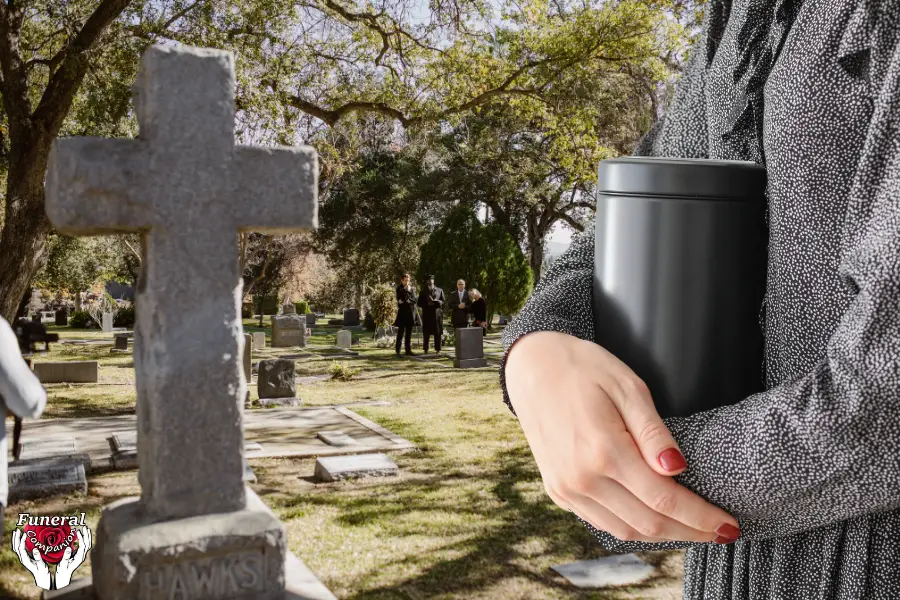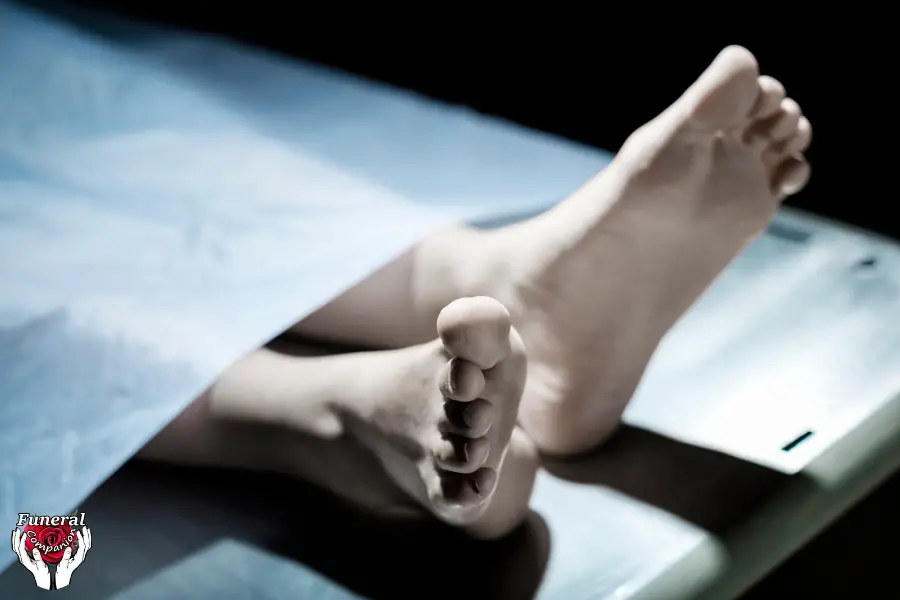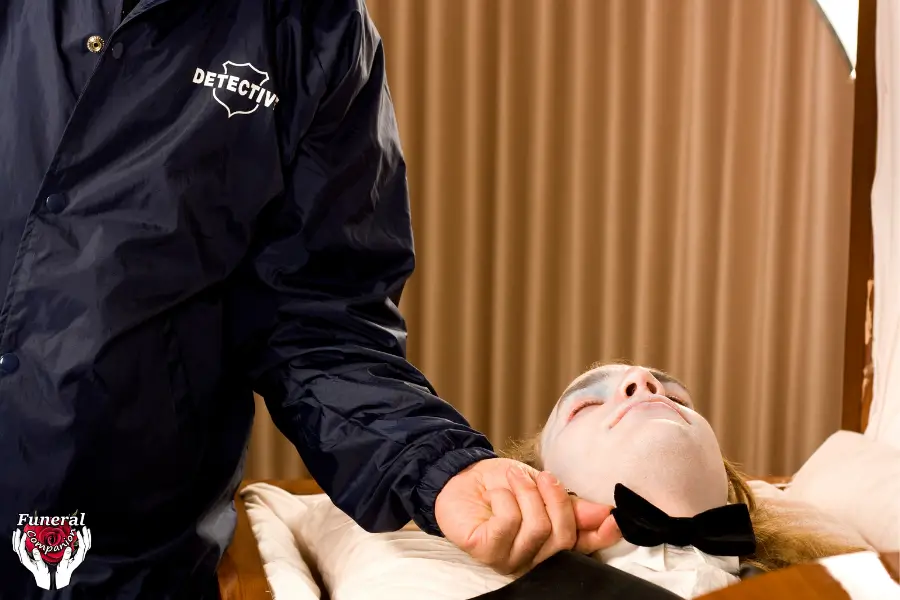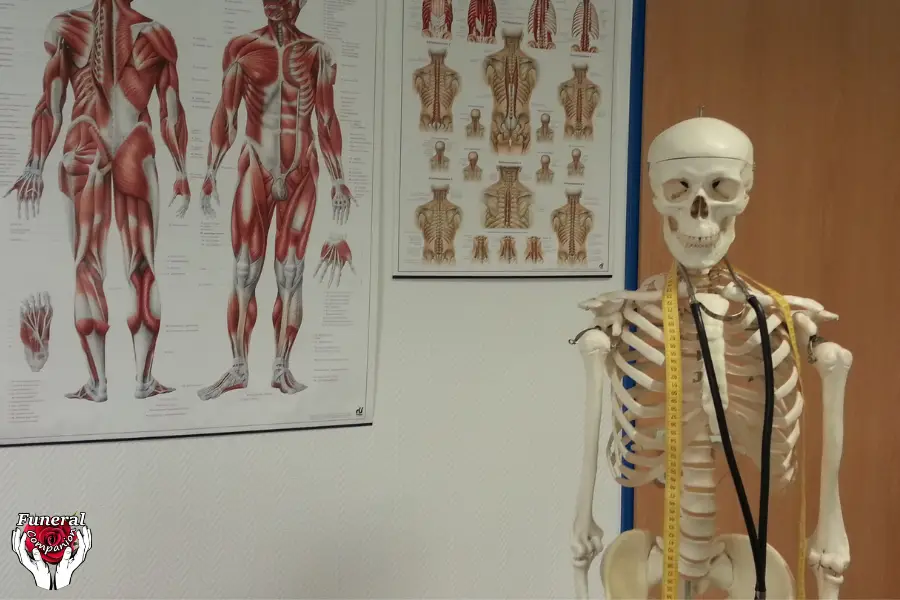For most of us, it’s a mystery what happens to a dead body after it enters a funeral home. Some shocking stories in the news suggest that it’s not an entirely wholesome series of events. This article is to put your mind at ease and let you know that you or your loved ones are in safe hands
When does a funeral home become involved?

In very many states there is no legal necessity to involve a funeral home in the disposal of a deceased loved one. However, as they are professionals in dealing with death, it usually makes sense to hire a funeral director to oversee the process.
So, funeral homes usually become involved in the first stages of the funeral process very soon after someone is pronounced deceased. Once a death certificate is issued, the permits to remove a body and transport it from place to place can be applied for. In some states, it’s the law that you have to use a funeral home to transport a body, in some it is not.
So, it’s best to seek the advice of hospital staff or your local corner to find out the law for your state. For more information and a list of the states which have this law, you can also refer to another article I wrote here.
When someone dies in a hospital, the staff are usually able to help you with the initial paperwork. If the death has occurred at home or elsewhere, you can refer to this article to see what steps you should take. By law, you have a minimum of three days in many states to declare the death and obtain a death certificate and up to 10 days in others.
Once all of the permission is granted and a family has engaged the service of the funeral home, they will collect the body and drive it back to their facilities.
How is the type of funeral decided?

When contact is first made with a funeral home, they will take steps to help families decide on the type of funeral they want for the deceased. In some cases, this has been already decided either by the family or the deceased. Sometimes there is even a pre-planned funeral in place with the funeral home itself. However, in most cases, the death is a complete shock and nothing has been planned.
Funeral home staff are professionals and they will attempt to guide you through the process in a timely and respectful manner. As a consumer, you should know your rights and the correct questions to ask funeral directors so that you get the service you really want.
Once the initial stages of the contract are decided, the funeral home will take steps to collect the body.
Preserving the deceased

What happens to the body after it arrives at the funeral home depends on the type of funeral the family wants. The decision is between a burial and a cremation (see my article for tips about each type). Depending on which type of funeral is opted for, the body will be stored in one of two ways.
Embalming a body vs cold refrigeration at a funeral home
By law, funeral homes have a specific time window in which they have to take steps to preserve a body if a burial or cremation doesn’t take place. In Idaho, for example, it’s just 24 days. This means that if the body isn’t disposed of within 24 hours of entering the funeral director’s custody, they need to preserve it somehow.
When families ask for burial, the normal course of action is to embalm the body. This involves filling the body with a special chemical after all of the blood has been drained. The process also involves restoring the body so that it resembles someone in life, which can be harder the longer the person has been dead.
Embalming is normally expected when any sort of viewing, where the body is put on display for visitors, is going to happen. This is true for both burials and cremations.
If cremation is requested but the family doesn’t require a viewing, the body will likely be placed in a refrigerated and temperature-controlled area where there’s no further breakdown of the body. Bodies can stay in such areas for several days up to several weeks, but it will start to attract an additional fee after a while.
Please read this article for a breakdown of the expected costs of prolonged refrigeration of a body.
Do bodies at funeral homes smell?
A lot of people are a little wary of dead bodies, and it’s probably because as a society we have little interaction with them. People worry that if they use a funeral to host a viewing or service, they may smell something unpleasant.
The truth of the matter is that dead bodies will start to smell after they enter a more advanced stage of decomposition. In these cases, the funeral home may be given special permission to expedite the funeral proceedings, especially in the case of cremations. This means that the body does not stay in the facility for very long.
If a body is embalmed or refrigerated within a day or so of death, then it’s very unlikely to reach this level of decomposition. Another thing to remember is that many funeral homes now separate their cold storage facilities from their viewing venues.
Preparing the body for a funeral

With the body preserved in the most appropriate matter, the body can be prepared for the funeral.
Preparing a body is particularly important when a viewing is going to take place, especially those involving an open casket. The body will be washed (often part of the embalming process) and then it will be dressed in an outfit selected by the family.
Funeral homes can often offer specially made clothes that are easier to open at the back, this makes the process faster and less fiddly for them. The hair and face of the decedent will also be attended to so that they look more life-like.
For a cremation, this stage can be skipped unless the family particularly wants their relative to be cremated in a certain outfit. For a burial, the same might apply.
Placing the body in the casket

The process of putting a body in a casket takes a little bit of skill and practice, and so is best left to the professionals. This is done after the body has been dressed and often before the final cosmetic touches have been put into place.
Although the funeral home staff are the best ones to do this, remember that you don’t have to purchase the casket from them. Often consumers can find a better deal by shopping around, and funeral homes are required by law to accept these caskets. You can see my recommendations for online retailers here and save $1000s
How can you be sure your loved one’s body is in the casket or urn?
Unfortunately, there have been stories of funeral homes that did not maintain high standards of practice and didn’t dispose of bodies in the right way. So, how can you be sure your relative or friend has been buried or cremated as claimed?
The truth of the matter is that 99% of funerals are law-abiding professionals who do not attempt to defraud their customers. There are also many who are as transparent with the process of the funeral as is appropriate.
For funerals, many homes will offer open-casket viewings, which then allow you to witness the body being enclosed in the casket before burial. Others even encourage family members to become involved in the preparation of the body, though this is much rarer than it used to be.
For cremations, there are special identifying methods that are used across the industry to ensure the body being disposed of are tracked throughout the process. If you have ever wondered if two bodies can get mixed up or combined in the crematorium, please read this article. Some crematoriums even allow families to watch the body being placed into the cremator.
Donating body to medical science

If the deceased wanted to donate their body to science, then this is something that needs to be planned for as early as possible. Although totally legal, the process does require the right agreements and documentation.
Some funeral homes will be more familiar with the process and may even have direct links with the institutions which will take the body. This may mean that you have to involve more than one funeral home in the process, which would add to the costs.
When a body is donated to science, the funeral home will not embalm it, but rather store it in their refrigerated unit until it can be transferred to the relevant facility.


